Over 145 years ago, City & Guilds was founded by Livery Companies with royal patronage, and ever since has celebrated and valued that relationship.
On Monday 02 September, at Mansion House in London, we brought together two of our oldest friends, the City of London and Imperial College – one of not just the UK’s foremost centres of higher education excellence, but one which is recognised as the very best in the world. We also had a number of our stakeholder employers and Fellows in attendance too, for our Fellowship in the City event.
Fellowship of the City & Guilds of London Institute is a prestigious honour, the highest that can be conferred by the City and Guilds of London Institute. It recognises individuals who have demonstrated outstanding professional and personal achievements in the world of industry and craft.
Under the theme of engineering we had a great line up of perspectives from experts operating in the field. From those who teach it, to those who innovate and deploy it, to those who deliver engineering solutions and, those that support more people to come into the sector as a professional route.
Retaining female talent in engineering
Opening the event was Dawn Bonfield MBE, Professor of Practice in Sustainable Development at Kings College, London, who shared her thoughts on how she has navigated being a woman in what has traditionally been seen as a male dominated industry. Dawn spoke about the challenges women face as they reach their mid-career in engineering which was just one of the reasons she founded International Women in Engineering Day (INWED). This year INWED celebrated its 10th year, and Dawn reflected on how positive it has been to see so many more visibly senior women in engineering positions, compared to when she founded the celebration day back in 2014. However she recognised also that there is still some way to go with retaining women in these roles.
Jessica Jones MBE in a multi-award-winning engineer and entrepreneur. She described herself as an ‘electrician by trade but an engineer at heart’. Jessica talked about her experience in Wales and how it has become a hub for developing and exporting talent. The country recognises it can’t be all things to all people but is big enough to trial new initiatives and is small enough to make things happen. Jessica spoke about being employer led and learner centric. And recognised that now is the time to set up the conditions for success so that everyone entering engineering can thrive.
Raising aspirations and attraction to the sector
Moving the conversation on, City & Guilds Chief Executive, Kirstie Donnelly MBE, continued the theme of diversity and inclusion in engineering, highlighting to the audience how we can open up opportunities to many others who may be further away from considering that this route could be a viable option.
City & Guilds Fellow, Dr Mark Richards PhD is a Senior Teaching Fellow in the Department of Physics at Imperial College. Mark is also an active member of Imperial As One – the University’s Race Equality Advisory Group, and has been involved in numerous widening participation and outreach programmes that aim to encourage more students from diverse backgrounds to pursue science and engineering as career choices.
Mark described the importance of raising aspirations of young people and talked about how in one school he had been in, a young girl had come over to him at the end and said that when she entered the talk, she wanted to drive the bus, but after being inspired she now wanted to make the bus. Mark spoke about people needing to see others that look and sound like them to be inspired, so that they know there are jobs within their reach. He acknowledged that there is more diversity in the engineering sector than before, but there is still some way to go.
Handing the baton over to Dr Nike Folayan MBE, Nike echoed Mark’s sentiments and explained that DEI (diversity, equity and inclusion) never used to be a thing, in fact there weren’t any stats before to measure the number of non-white individuals entering engineering.
A Chartered Electronics Engineer, a Fellow at the Institution of Engineering and Technology and an Honorary Fellow at the Royal Academy of Engineering, Nike said that the attraction piece is happening, and more people from BME backgrounds (33%) are studying at University. However, only 10% of engineering jobs are filled by individuals from these backgrounds. As Co-Founder at AFBE (Association for Black & Minority Ethnic Engineers), they are committed to making sure that there are enough connections in the industry so that people attracted to the sector can access the jobs that we know the sector has to offer. BME people need the barriers removed so that they can enter the sector knowing they are good enough.
Inspiring our future talent
The final speakers of the evening were Alison Ackroyd and Ben Russell. Alison is the Technical Teaching Fellow at the Education and Training Foundation and focusses on enhancing pedagogical skills and curriculum design in FE science teachers and leaders. Alison has a particular interest in the continuing professional development of T level tutors, something which was of particular interest to our final guest, Ben Russell, Principal at the Halley Academy in South London, one of the schools offering the T Level in Engineering, and in a state-of-the-art centre generously provided by the Tallow Chandlers – one of the Livery Companies.
Alison credited T Levels as being an innovative way to develop skills as it gives you the knowledge, practical learning and behaviour needed to succeed. Practical learning in particular gives young people the chance to certify their choice of sector and learn from industry experts.
Ben agreed on the importance of equipping our young people with the knowledge, skills and opportunity so that they can get to where they need to be. However has not been without its challenges: Halley Academy, like many schools, needs more funding. But as well as that they need the employer support to offer more opportunities to young people studying T Levels.
Collective endeavour for change
It was clear throughout the evening that now is the time to make change happen. Now is when we should be planning for the future, and we need to continue celebrating and amplifying the successes in the sector so that people want to be a part of it.
Photos from the event
Speakers and panellists
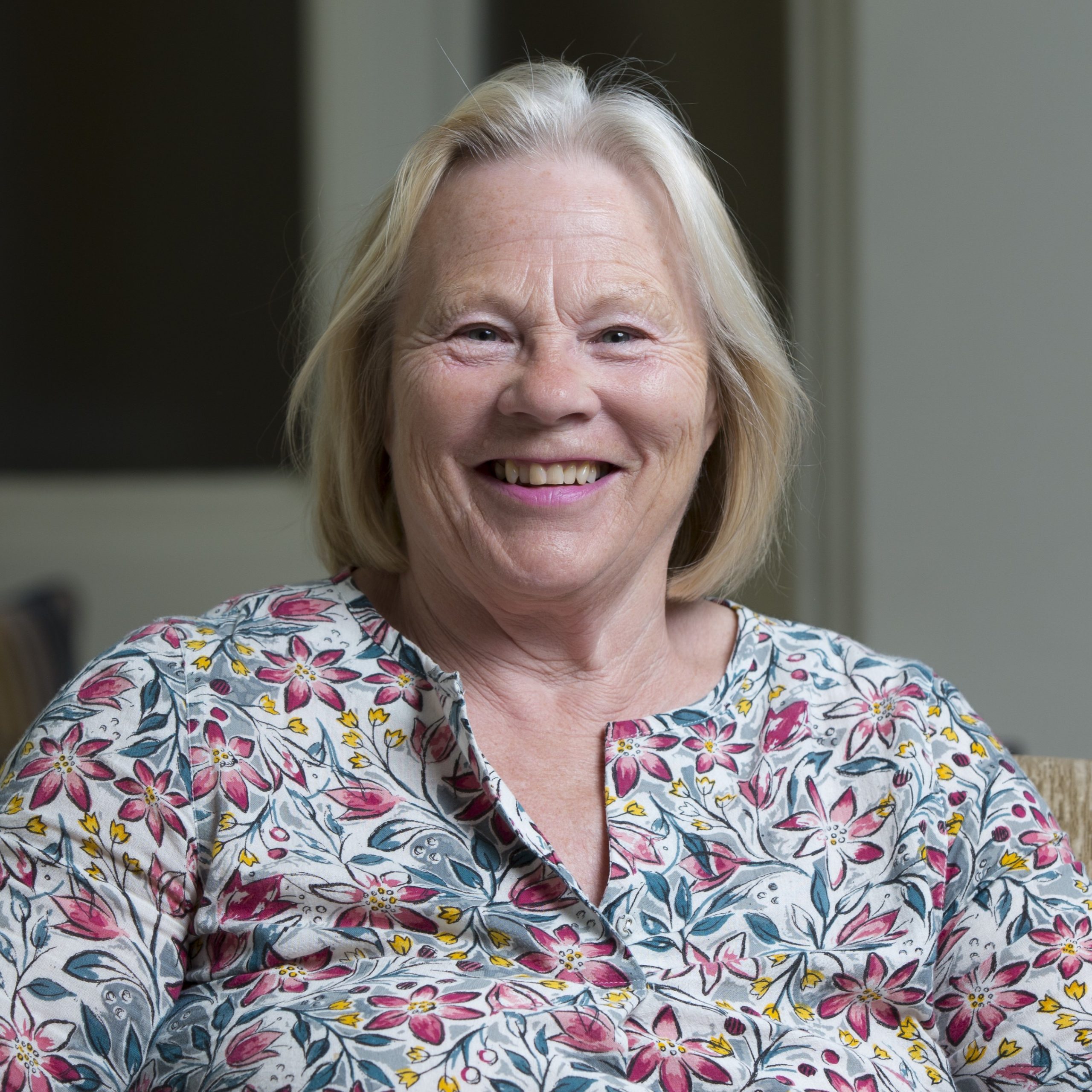
Dame Ann Limb DBE DL FRSA FCGI is the chair of City & Guilds and is an educationalist, business leader, charity chair and philanthropist. She serves as Pro Chancellor of the University of Surrey, Chair of the Lifelong Education Institute, Chair of The Manchester College and Vice President of the Helena Kennedy Foundation which she founded in 1998.
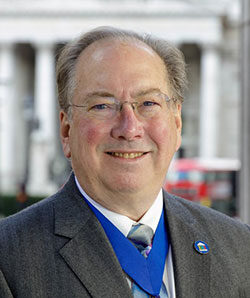
The Rt Hon Lord Mayor of London, Alderman Professor Michael Mainelli MStJ FCCA FCSI(Hon) FBCS was elected as the 695th Lord Mayor of the City of London in 2023. Michael is a scientist and economist focused on advancing society through finance and technology.
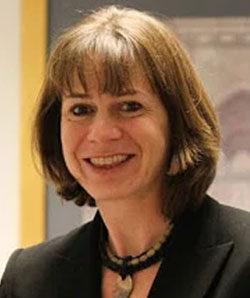
Dawn Bonfield MBE FREng is a Professor of Practice in Sustainable Development at King’s College London and a Royal Academy of Engineering Visiting Professor of Inclusive Engineering at Aston University. She focuses on the Sustainable Development Goals, equity, diversity, and inclusion in engineering. Currently, she is President of the Commonwealth Engineers’ Council.
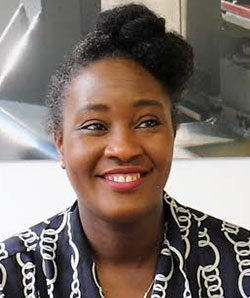
Dr Nike Folayan MBE is is a Chartered Electronics Engineer and Technical Director at WSP, leading telecommunications engineering projects in the transport sector globally. She chairs AFBE-UK, promoting engineering among Black and Ethnic minority groups, and is a trustee at the IET, EngineeringUK, and Stemette Futures.
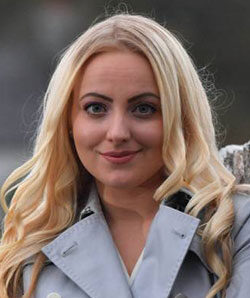
Jessica Leigh Jones MBE is a multi-award-winning engineer and entrepreneur. In 2020, she co-founded iungo Solutions, a provider of certified technical training programs focused on digital and green skills across England, Wales, and internationally. She is a Visiting Professor and Entrepreneur in Residence at the University of Wales Trinity Saint David and holds board positions at the Institute for Apprenticeships and Technical Education (IfATE) and WJEC.
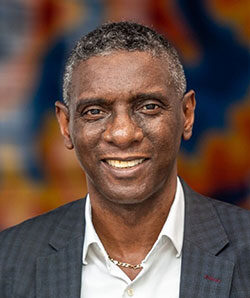
Dr Mark Richards FCGI is a Senior Teaching Fellow in the Department of Physics at Imperial College. After a stint in finance, he returned to Imperial in 2002 to manage a Technology Transfer programme in the High Energy Physics Group. He co-founded Duvas Technologies, specializing in wireless air sensing networks for real-time pollution mapping.
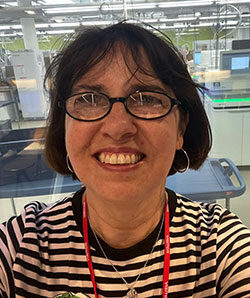
Alison Ackroyd with a PhD in Biochemistry and over two decades of teaching experience, is a Technical Teaching Fellow for the Education and Training Foundation (ETF). She focuses on enhancing the skills of further education science teachers and leaders through evidence-based approaches. She also lectures at MidKent College, teaching level 2 and level 3 courses, including T levels.
Background
The City and Guilds of London Institute was founded under royal patronage in 1878 by the City and Corporation of London and sixteen of the craft guilds, known as Livery Companies, to provide a national and international standard for technical skills. It set about establishing a number of institutions to teach technical skills: the City & Guilds Finsbury Technical College which would be as the forerunner of local technical colleges across the country; the City & Guilds Central Institution in South Kensington and re-established the South London Technical Art School as the City & Guilds of London Art School in Kennington – still one the leading independent Art Schools.
The City and Guilds of London Institute was awarded a royal charter in 1900 cementing a deep royal connection that exists to today with The Princess Royal, a very active President. City & Guilds also offers royal recognition to employers who can evidence the impact of investing in the training of their staff through the Princess Royal Training Awards.
In 1907 the City & Guilds Central Institution joined with the Royal School of Mines and the Royal College of Science to form the Imperial College of Science and Technology under a royal charter.
City & Guilds continues to enjoy a deep relationship with many of the 111 livery companies and is an active member of the Livery Companies Skills Council.
The Lord Mayor is a member of the City and Guilds of London Institute Council.